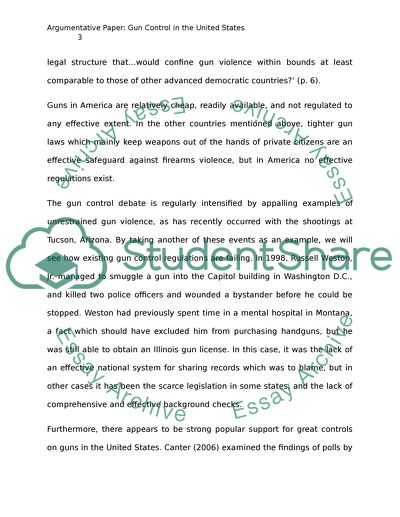Cite this document
(“Argumentative Paper Research Example | Topics and Well Written Essays - 1750 words”, n.d.)
Retrieved from https://studentshare.org/family-consumer-science/1406481-argumentative-paper
Retrieved from https://studentshare.org/family-consumer-science/1406481-argumentative-paper
(Argumentative Paper Research Example | Topics and Well Written Essays - 1750 Words)
https://studentshare.org/family-consumer-science/1406481-argumentative-paper.
https://studentshare.org/family-consumer-science/1406481-argumentative-paper.
“Argumentative Paper Research Example | Topics and Well Written Essays - 1750 Words”, n.d. https://studentshare.org/family-consumer-science/1406481-argumentative-paper.


